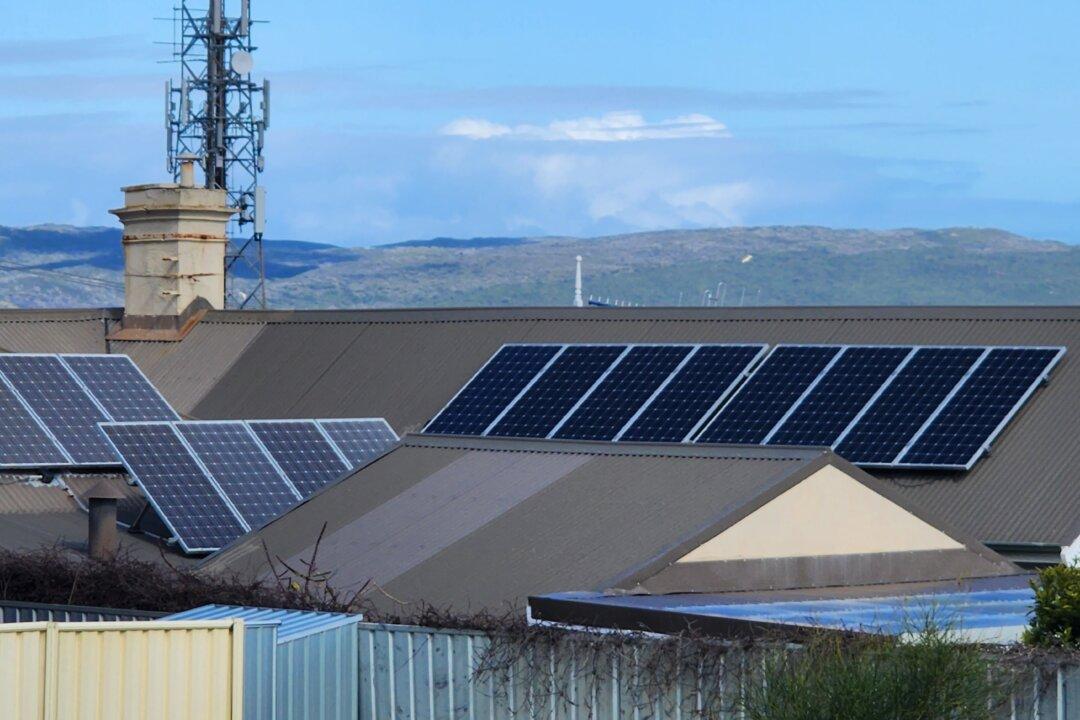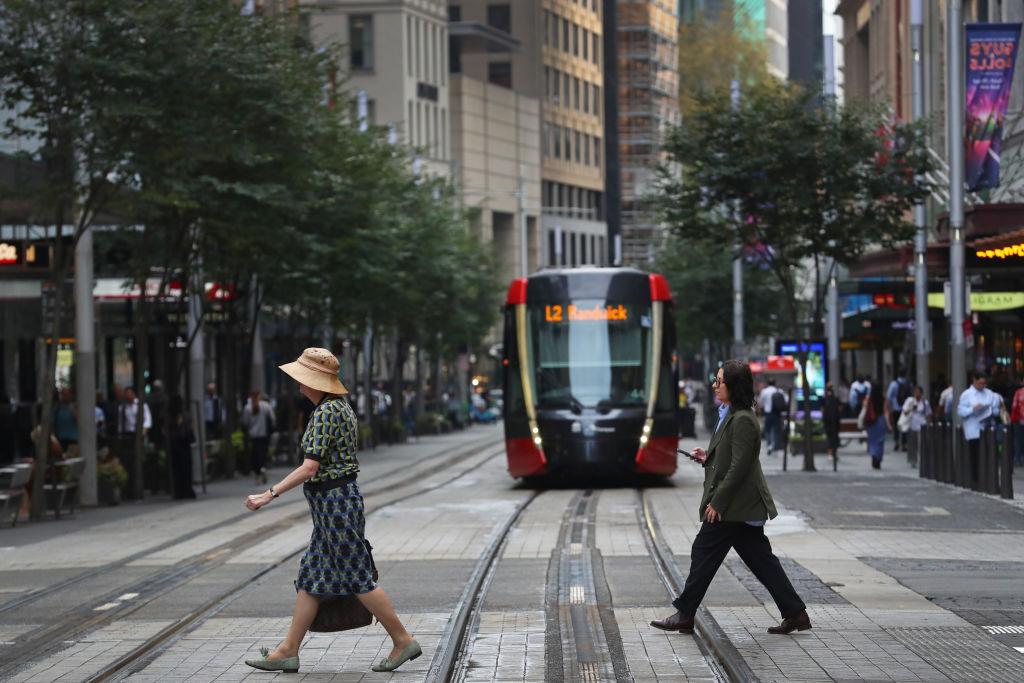Australia will need more electricians and construction workers in the next seven years if it has any chance of building enough renewable energy sources to transform its National Electricity Market (NEM) by 2030.
The Labor government has set a target for 82 percent of its NEM to come from renewable sources and to reduce emissions by 43 percent.




